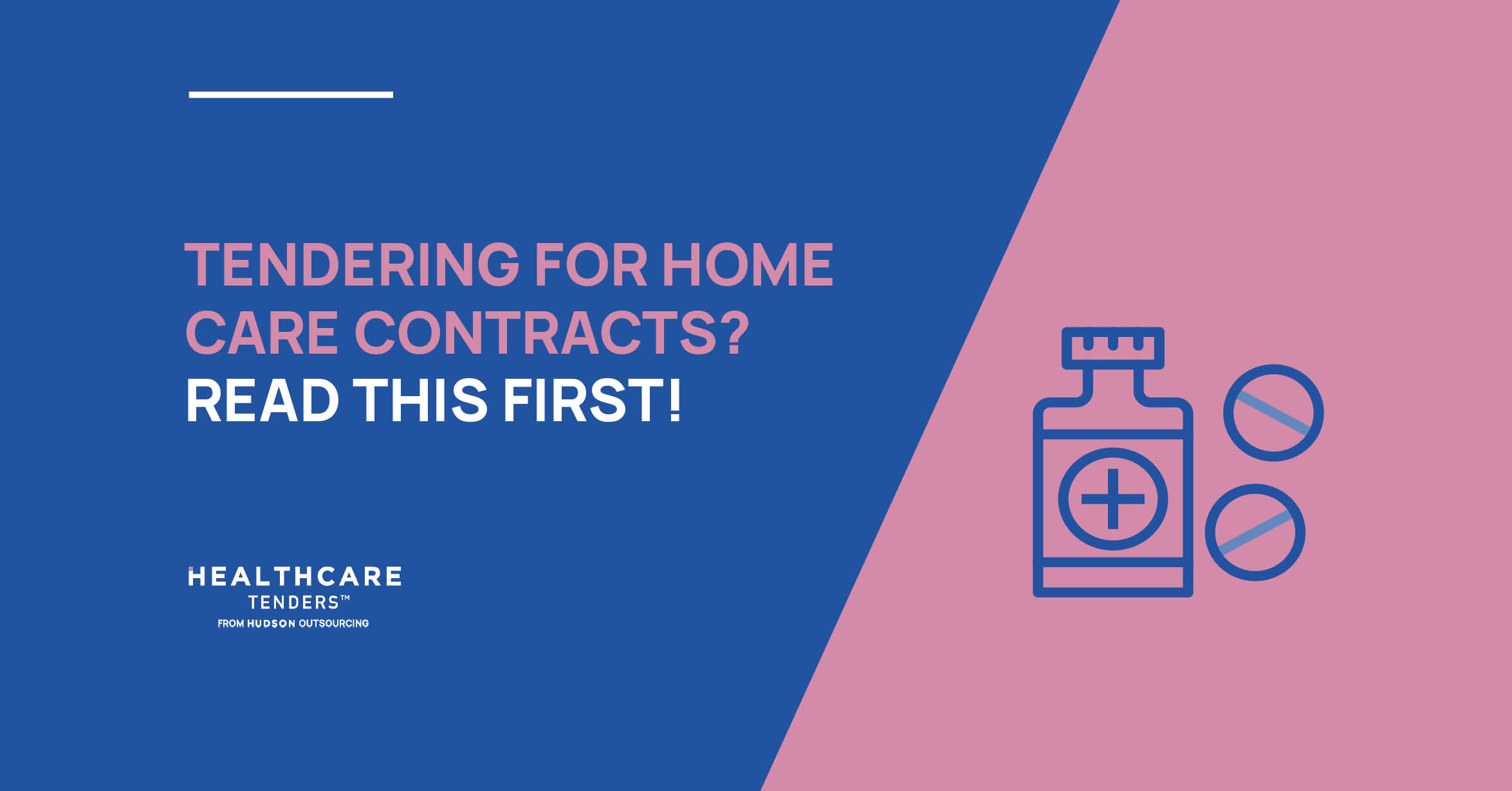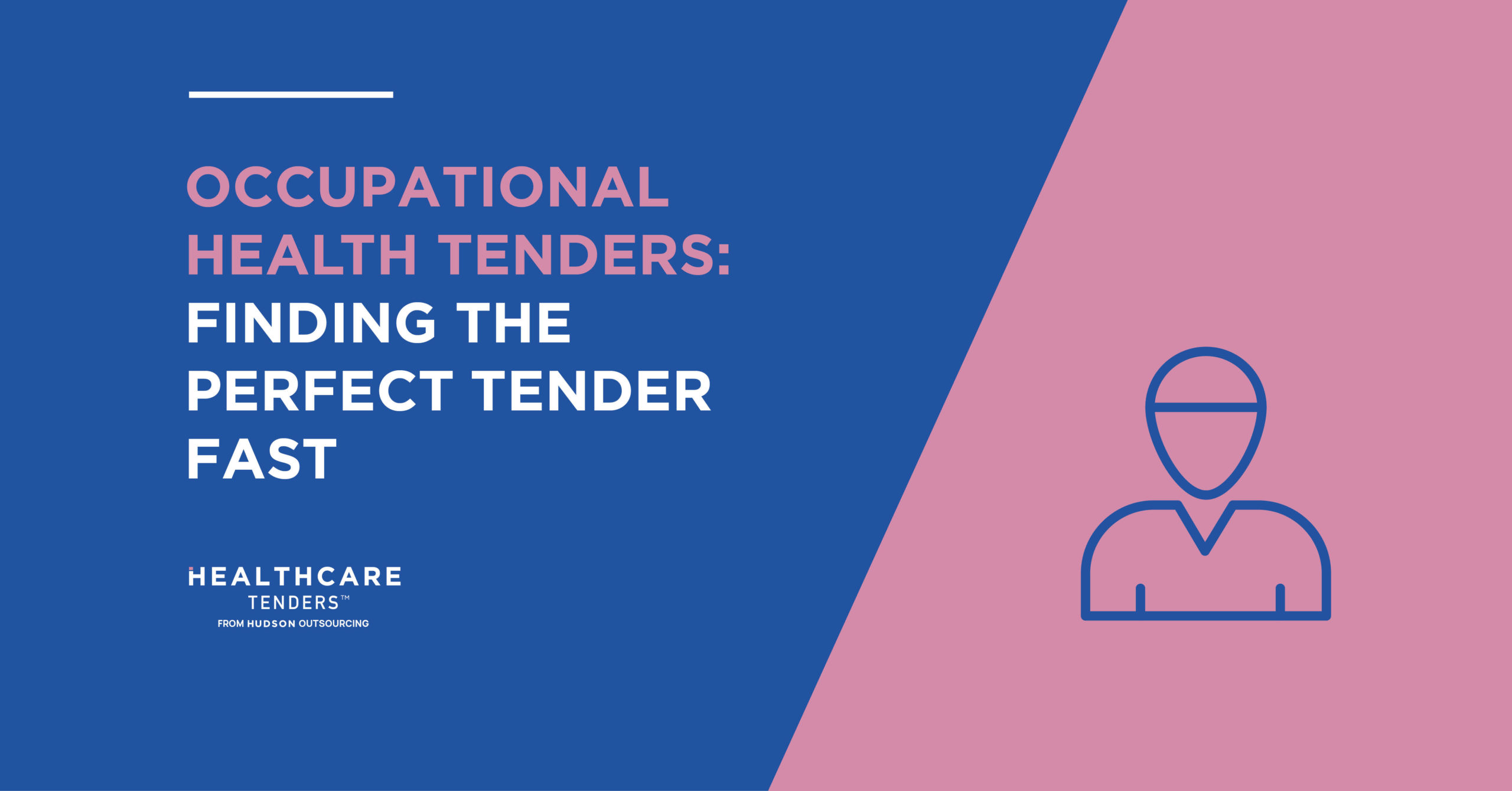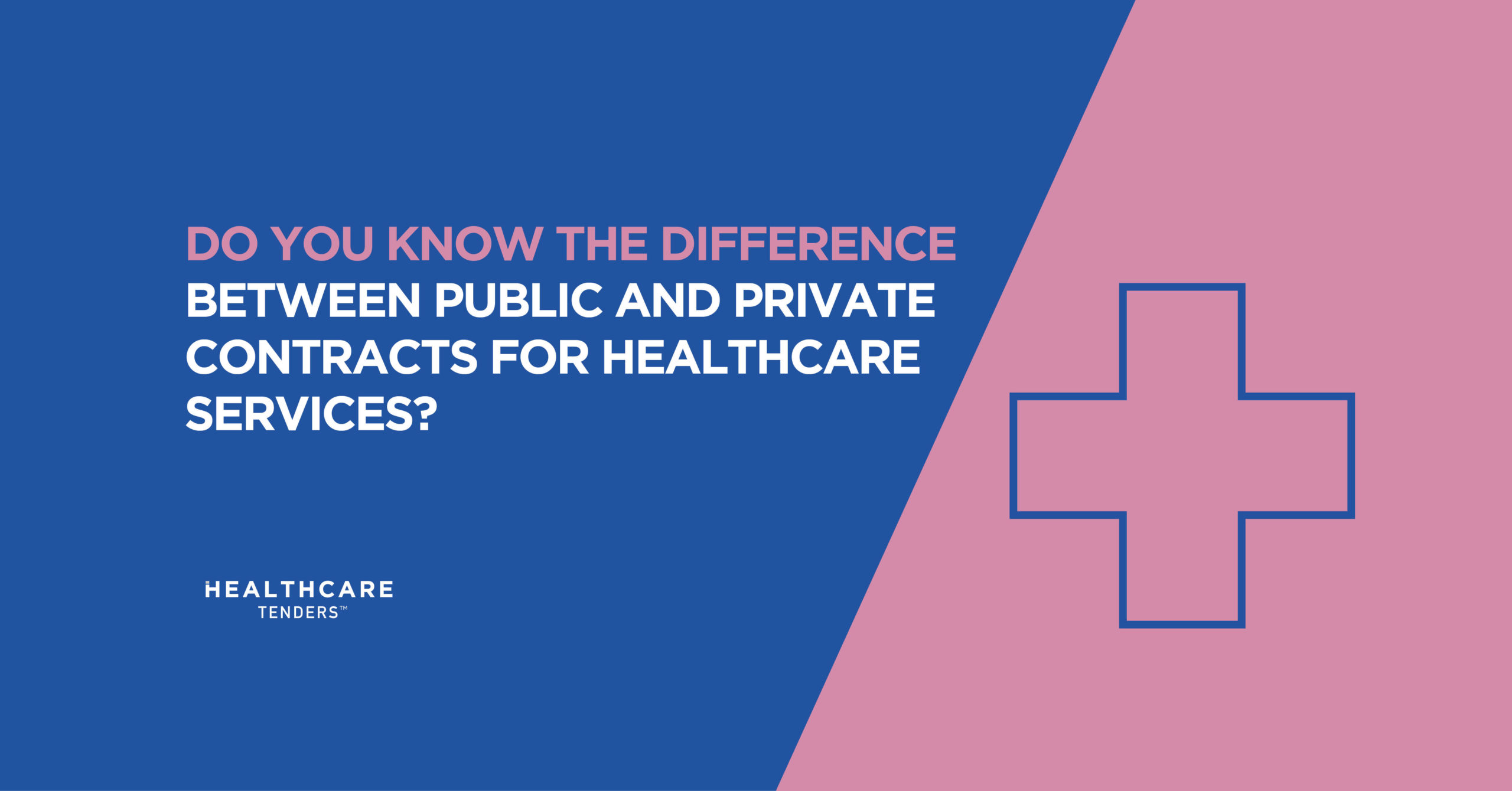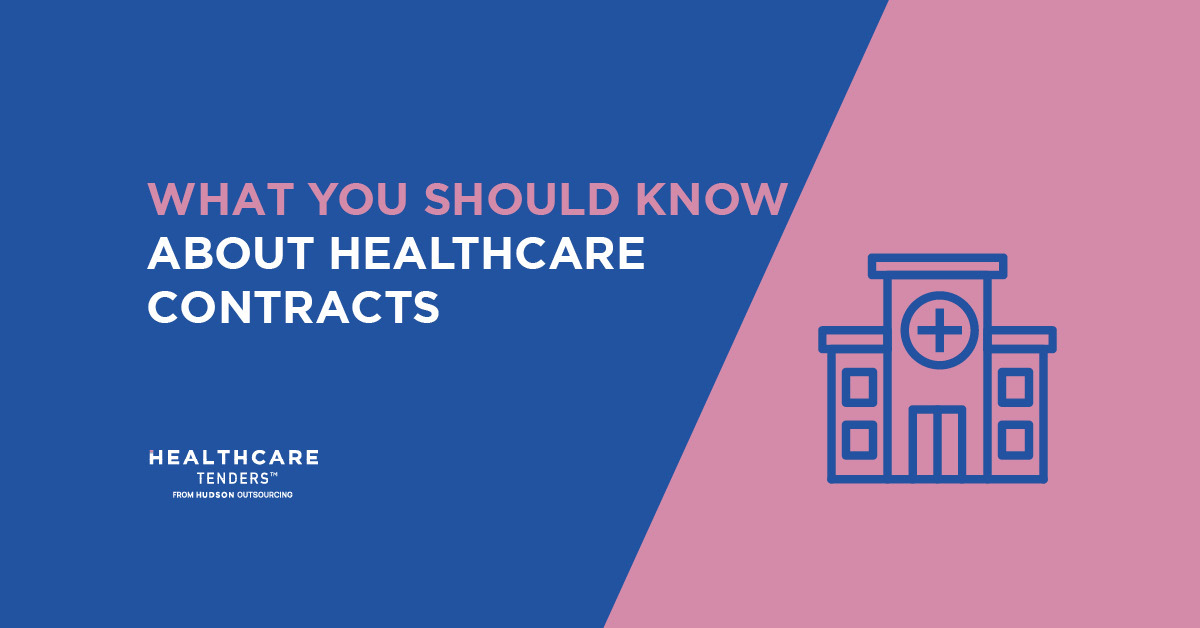Introduction
Winning a healthcare tender is no small feat. The process is complex and requires detailed planning, compliance with strict regulations, and a compelling, well-structured bid. Many healthcare providers now turn to professional bid support to navigate this landscape and increase their chances of success.
In this blog, we share real-world case studies where businesses secured healthcare contracts through strategic bidding. These examples highlight how expert guidance, innovation, and preparation contribute to consistent tender success.
Securing a Home Care Services Contract
Challenge: A mid-sized domiciliary care provider aimed to secure a local authority contract for home care support. Despite having a strong service model, previous attempts failed due to limited bid-writing expertise and a vague value proposition.
Solution:
- Engaged a professional bid writing consultant to improve proposal clarity and structure.
- Conducted a competitor analysis to articulate their service differentiators.
- Strengthened compliance documentation, ensuring alignment with Care Quality Commission (CQC) standards.
- Integrated case studies and service user testimonials as evidence.
Outcome: The provider secured a three-year contract worth over £1.5 million. Their emphasis on quality assurance and engagement with service users helped differentiate their bid. With our Bid Writing Services, providers can increase their contract success rate through targeted support.
Discover how our expert bid writing team can refine your healthcare proposals.
Winning a Mental Health Support Services Tender
Challenge: A community mental health organisation aimed to win a contract for crisis intervention services. They faced stiff competition from larger providers with broader infrastructure.
Solution:
- Emphasised social value and measurable community impact.
- Used analytics to demonstrate improved patient outcomes.
- Showcased digital innovation, including telehealth and AI-supported monitoring.
- Aligned their bid with NHS Long Term Plan objectives.
Outcome: The organisation secured the tender, enabling service expansion. Their evidence-based approach and innovative care model were decisive. Our Healthcare Tender Support helps similar organisations present scalable, compliant solutions.
Speak to us about aligning your service offer with NHS and commissioner priorities.
Securing a Medical Equipment Supply Contract
Challenge: A medical equipment supplier sought to secure an NHS Trust contract for diagnostic devices. Despite strong products, their bids lacked clarity around long-term value.
Solution:
- Refocused on total cost of ownership and lifecycle value.
- Included evidence of cost savings and operational efficiencies.
- Demonstrated strong after-sales support with defined SLAs.
- Highlighted sustainability initiatives and eco-friendly production.
Outcome: They won the contract and expanded their NHS footprint. A clear emphasis on value and customer care helped them outperform lower-cost competitors. If your business needs to stand out in technical procurement, explore our Healthcare Procurement Strategy Service.
Winning a Care Home Services Tender
Challenge: A residential care group aimed to win a contract for dementia care provision. They needed to prove their ability to deliver person-centred services under stringent regulatory requirements.
Solution:
- Conducted a full gap analysis to assess strengths and weaknesses.
- Developed a robust workforce strategy covering training and retention.
- Used testimonials to evidence the quality of care.
- Strengthened governance and compliance documentation.
Outcome: The provider secured the tender and reinforced its reputation. Their investment in workforce development was particularly well-received. Our Care Home Tender Services are designed to help care providers win more contracts and grow sustainably.
Access our tender experts to secure care sector opportunities.
Securing a Digital Health Services Contract
Challenge: A health tech startup wanted to break into the NHS market with its patient engagement platform. They struggled to prove scalability and regulatory compliance.
Solution:
- Worked with our bid consultants to structure a compliant proposal.
- Demonstrated NHS interoperability and GDPR alignment.
- Provided pilot results showing increased patient engagement.
- Mapped out a clear implementation plan with phased support.
Outcome: The company secured its first public sector contract, positioning itself for further NHS adoption. Our Digital Health Tender Support helps tech innovators break into regulated markets.
Position your digital health solution for public sector success with our tailored support.
Key Takeaways for Healthcare Tender Success
Understand Tender Requirements
Review evaluation criteria closely and structure responses accordingly. Generic content will not resonate with commissioners.
Demonstrate Value for Money
Highlight cost-effectiveness across the contract term, not just pricing. Include efficiencies and outcome-based savings.
Leverage Expert Bid Support
Working with specialists increases clarity, compliance, and competitiveness. Our team improves win rates across all healthcare verticals.
Use Evidence and Testimonials
Support your claims with measurable outcomes and feedback. Case studies create trust and clarity.
Emphasise Innovation
Digital-first solutions and modern service models often score highly. Align innovations with policy priorities like the NHS Long Term Plan.
Ensure Regulatory Compliance
Ensure documentation meets CQC, GDPR, and procurement standards. Failure to comply often leads to immediate disqualification.
Engage Early with Commissioners
Early engagement builds trust and informs your positioning. Our strategic advisors can support your pre-tender engagement.
Discover how our full tender lifecycle support enhances your contract-winning potential.
Conclusion
Success in healthcare tenders depends on more than just good writing. It requires a clear strategy, compelling evidence, and alignment with commissioner priorities. Each of the case studies in this blog illustrates how a tailored, expert-led approach can transform tender outcomes.
Whether you’re an established care provider, medical supplier, or digital health innovator, we help you navigate the competitive bidding process and secure sustainable contracts.
Contact us today to discover how our services can support your next healthcare tender.
FAQs
1.What can we learn from successful healthcare tenders?
Successful tenders show the value of a clear proposition, compliance with procurement rules, robust evidence, and tailored responses.
2.What factors contribute to winning healthcare contracts?
Competitive pricing, strong service models, innovation, and a track record of delivery are key contributors to success.
3.How do case studies improve our bid success rate?
They offer credible, evidence-based proof of your capability, showing tangible impact and efficiency improvements.
4.What mistakes do unsuccessful bidders make?
Common pitfalls include generic responses, lack of supporting evidence, poor pricing structure, weak compliance, and missed deadlines.
5.How do SMEs compete with larger firms in tenders?
SMEs can leverage niche expertise, agility, and strong local partnerships to deliver flexible, personalised services.
Related blogs : Tendering in Healthcare: A Friendly Guide to Winning Big Contracts
The Role Of Technology In Home Care Tenders: Improving Care And Efficiency



